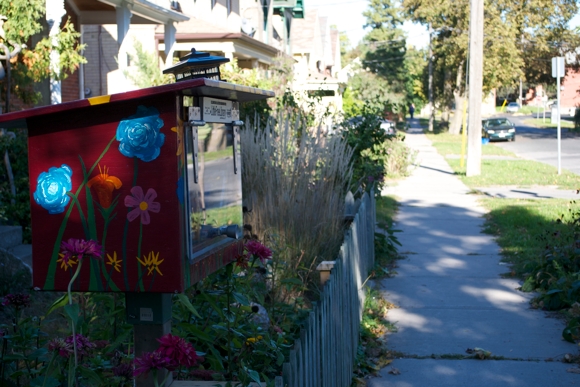Make Everyday Family Literacy Day with Five Counties
/Five Counties Children’s Centre is encouraging literacy everyday of the year, recognizing the life-long benefits of reading through Family Literacy Day on Jan. 27.
Five Counties’ Communicative Disorders Assistant Lynne Cooke (front left) reads with Dominic, as (back from left) Speech-Language Pathologist Ida Lloyd and mom Kimberly tout the benefits of reading. Photo courtesy of Five Counties.
As the day to promote literacy approaches, Five Counties wants families to make reading, language and literacy part of their everyday routine.
The staff at Five Counties believe the lessons from Family Literacy Day should be encouraged and embraced 365 days of the year.
“We can’t talk enough about the importance of literacy and speech skills for a child’s future success in life,” says Speech-Language Pathologist at Five Counties Ida Lloyd. “Reading, singing, listening, talking and playing with your child every day is not only fun, but supports literacy. It’s one of the most valuable things we as parents and caregivers can do for our kids.”
As part of its work in Peterborough, Kawartha Lakes, Northumberland and Haliburton, Five Counties Children’s Centre provides therapy and support services for hundreds of children with speech, language and communication needs. They say developmental milestones, like those listed here by the Ontario Government, can be a good tool to measure the progress a child is making to communicate. Five Counties also offers tips, milestones and resources on its KidTalk website for families to support children’s speech skills.
“There are many fun ways that families can encourage literacy skills, without children even realizing they are learning. Reading a book at bedtime, visiting the library, playing a board game together or swapping jokes while doing the dishes can all be great options,” says Lloyd. “Engaging a child for 15 or 20 minutes every day by reading and promoting literacy skills is worth every minute, especially given the life-long rewards it has for everyone.”
Five Counties has shared 12 tips (as compiled by the Start Early organization) that families can use to support literacy for young children:
Start early. Reading to babies is important for healthy brain development and lays the foundation for language and writing skills.
Make reading part of the daily routine. Reading or sharing a story every day is ideal. Create a set time during the day (like just before bed) to which parents and children can look forward.
Try board and cloth books for babies. By age one, babies can grab books. Board and cloth books are great options for youngsters who like to touch things and put them in their mouths.
Take turns with your toddler. At their second birthday, most toddlers can hold a book and point at pictures. Let your toddler turn the pages of a board book and respond to her when she points or reacts to the story.
Ask your child questions while reading. Make the reading experience interactive. Ask them questions, like: “what do you think will happen next?,’ or “What was your favorite part of the story?”
Reread favorite books. Most three-year-olds can complete sentences in familiar stories. Read their favorite books over and over to help them learn through repetition.
Point out similar words. By age four, children begin to recognize letters. Pointing out words in a book that start with the same letter can help preschoolers become familiar with the letter, helping them recognize certain words that start with that letter.
Count objects on the page. If reading to a child, count objects on the page together to help strengthen early math skills.
Get a child to tell the story. After their fifth birthday, children can sit still for longer books and create their own stories based on the pictures. Ask a child to share the basic plot of the book or make up stories based on what is seen on each page.
Read with passion! Using inflection and maintaining the same highs and lows in your voice at the same point in a story helps your child begin to remember the words.
Set an example. Let your child see you reading books to help them develop their own love of reading.
Read, read, read and repeat. Reading to your child helps develop a love of stories and books, while taking you to new worlds and on new adventures. Read to a child early and often!













